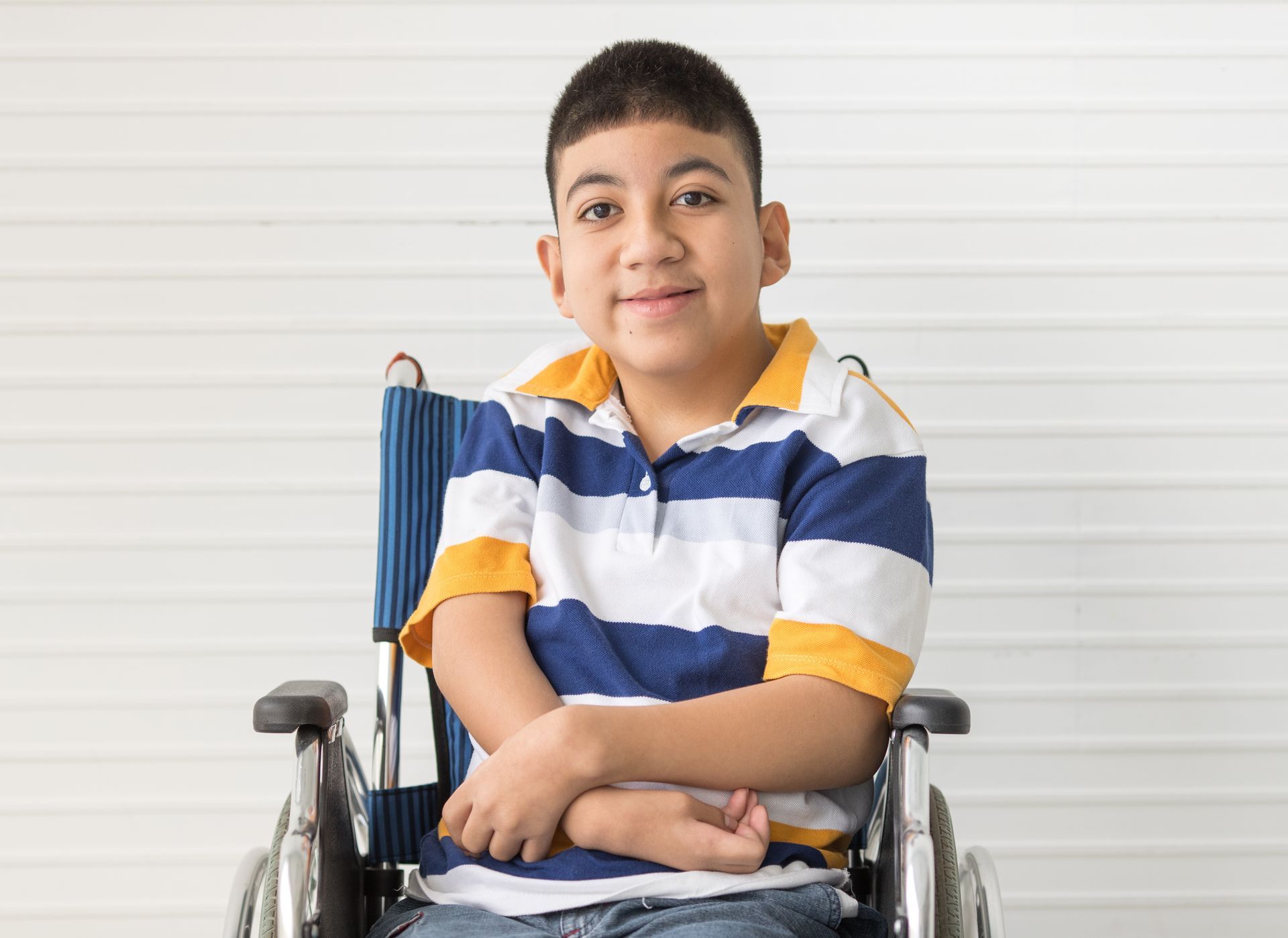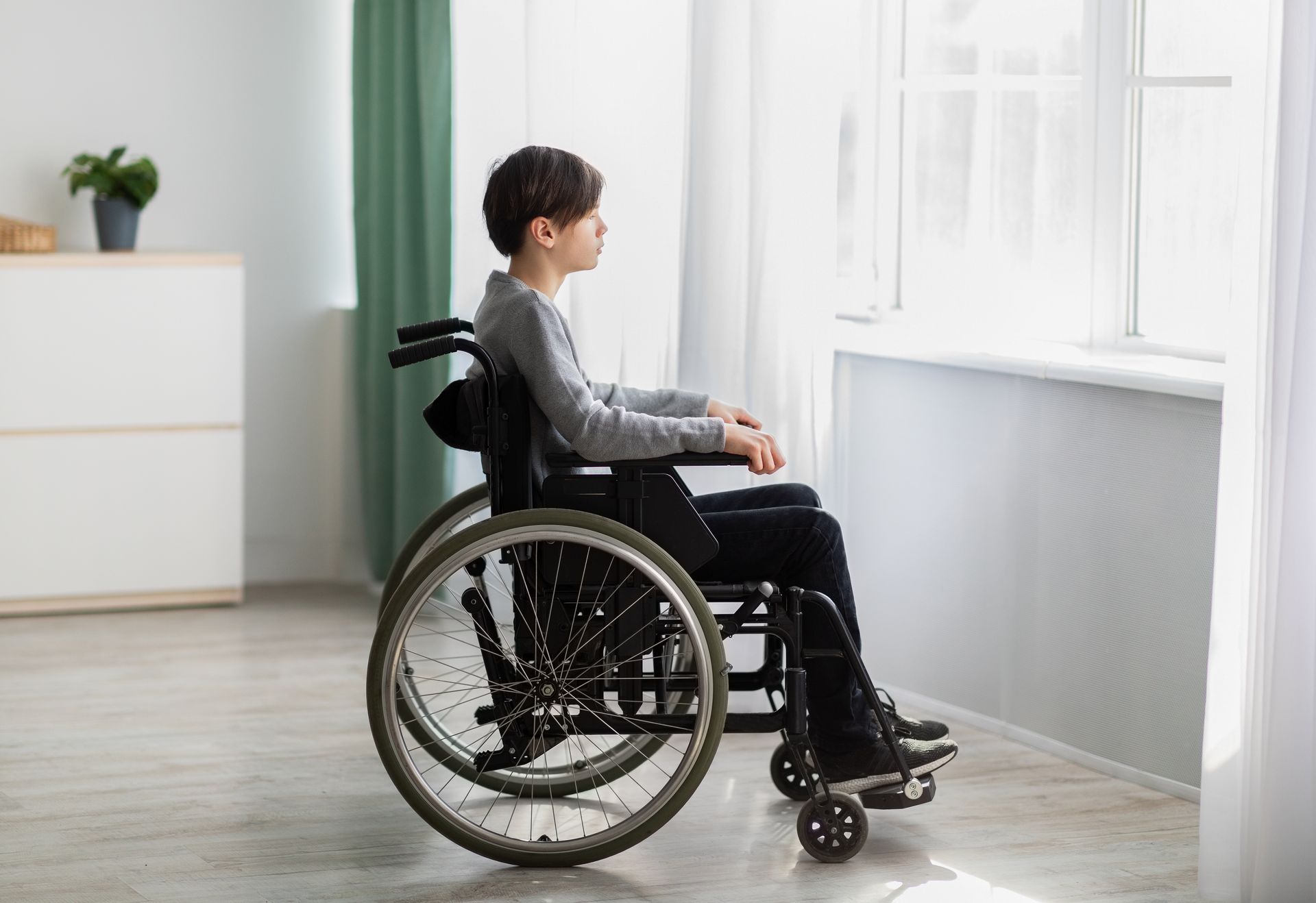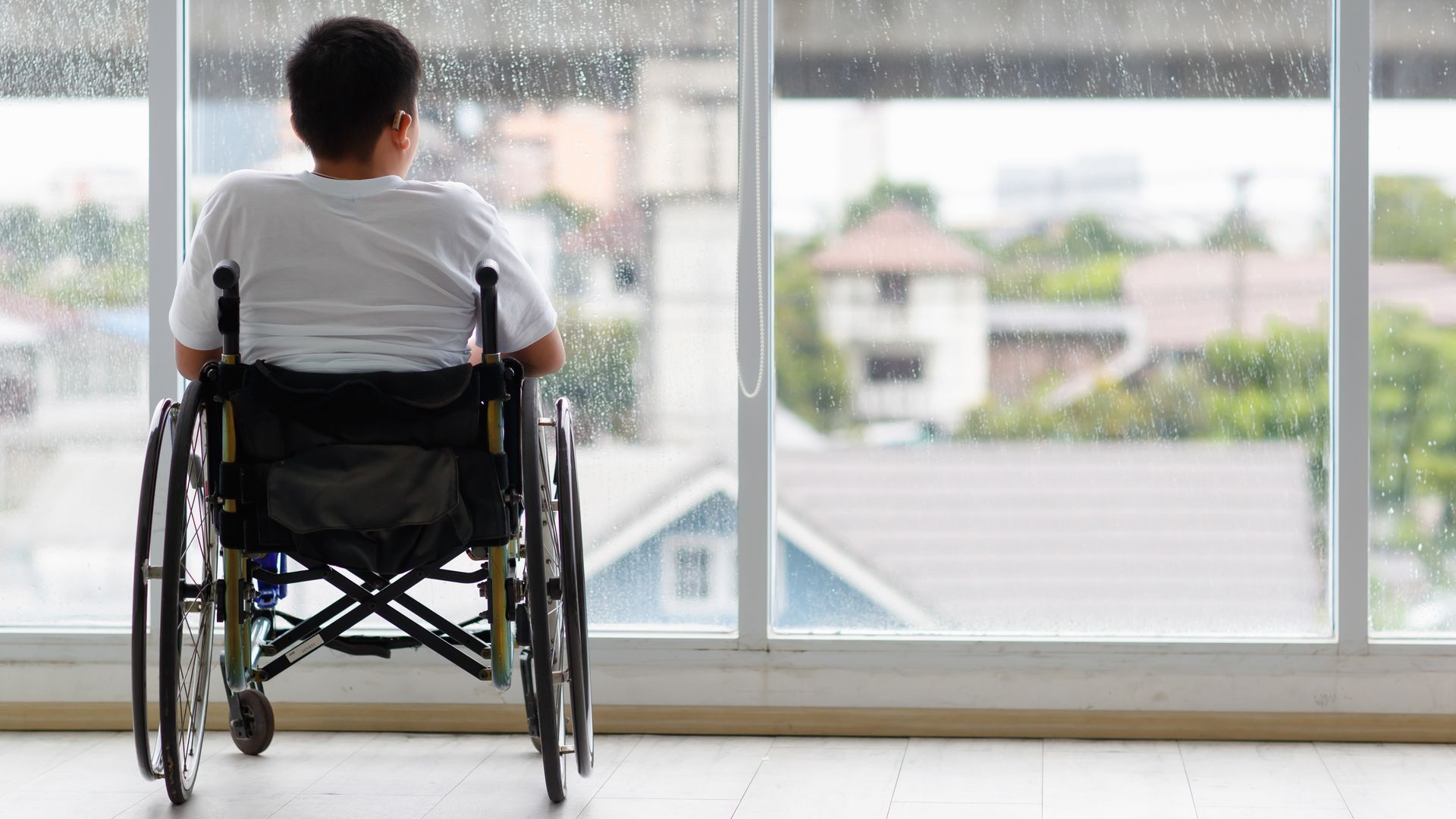JAR of Hope presents National Pushup Campaign to all students
Will you accept this challenge Millstone Twp. & Upper Freehold Regional School Districts?
Originally posted on The Source

Last week, the JAR of Hope organization visited Upper Freehold Regional School District (UFRSD) and Millstone School District for assemblies at each of their respective three schools. JAR of Hope is a New Jersey based non-profit organization committed to finding a cure for Duchenne Muscular Dystrophy (DMD), a terminal genetic disorder characterized by progressive muscle degeneration and weakness. Jim Raffone, the co-founder of this organization, spoke to each student body about DMD with age appropriate messages. Jim’s son, James, has Duchenne Muscular Dystrophy.
Jim has traveled the world and even climbed Mt. Everest to raise awareness and funding with the hope of finding more effective treatments, and potentially a cure, for Duchenne. Aside from awareness, Jim has challenged our students to overcome fears and celebrate life when possible. His motto of “I can, I will, I must” was heard and chanted by all.
The UFRSD and Millstone Township Schools have joined together to support Jim on his mission as two of our students are affected by Duchenne and Jim is a resident of nearby Manalapan. Both districts will be taking part in the “Push-Up Challenge” to raise money to support a clinical trial for Duchenne at the University of Florida.
Recently, JAR of Hope hosted the Push Up Challenge at the Jackson Township School District. At that event, there were approximately 2,000 students and staff participated. Jackson challenged our two districts to exceed their participation. Let’s go, Millstone and UFRSD!
“Hands on the Floor – Duchenne No More” is a national initiative teaching elementary, middle and high schools about Duchenne Muscular Dystrophy and encourages students to start their own fight for a cure by raising awareness of the disease and money to support the JAR of Hope’s clinical trial.
Students in both districts were provided an envelope to take home where they can (if they/you wish) obtain sponsors for push-ups that will help raise money for Duchenne research. The fundraiser will end on Wednesday, March 29th. Envelopes can be sent to your child’s homeroom or the main office. The actual push up event will occur in the very near future.
Participation in this fundraiser is completely voluntary. It is hoped, however, that knowing how Duchenne Muscular Dystrophy affects some of our own makes this a meaningful cause to support.
Students in all of Jim’s presentations were respectful and engaged during the awareness presentations. It was heartwarming to see students cheer for their classmates with Duchenne.
“Jim’s passion and desire to find a cure for Duchenne was evident in every presentation,” UFRSD Superintendent Mark Guterl said. “His message of “I can, I will and I must” resonated with kids and staff. No obstacle is too big – a great message.”
Dr. Christopher Huss Superintendent of the Millstone Township School District added, “In Millstone Schools, we are continually looking for ways for our students to get involved in relevant and meaningful learning experiences that also benefit others. When the Jar of Hope campaign was presented to us, it was obvious we had to get involved as it fits with those goals perfectly.”
Millstone and Upper Freehold – will you accept this challenge and exceed Jackson’s participation in the JAR of Hope “Hands on the Floor – Duchenne No More” campaign?











